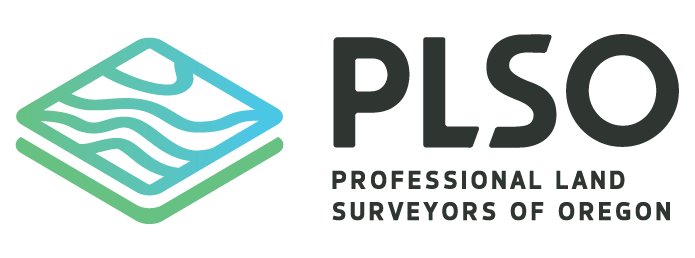- Home
- Education & Careers
- Reasons to Become a Land Surveyor
Top 6 Reasons to Become a Land Surveyor
1. You don’t want a desk job
Land surveying is perfect for people who don’t want to be in an office all day and enjoy getting outside. Surveying involves both fieldwork and office work, making it a great career choice for outdoor enthusiasts.
2. You like working with technology
Since surveyors are responsible for taking precise measurements of land to determine property boundaries and develop land, they work with some very high-tech equipment and programs, including GPS devices, 3D laser scanning technology, drones, and computer-aided drafting software.
3. You prefer a variety of projects to work on
Surveyors work on different projects at various locations, while collaborating with several different professions all the time.
4. You are curious and you like to problem solve
Land surveyors are often part detective, using everything from historical research to on-site data and measurements to solve a problem or answer a question for a client.
5. You want a career that makes a difference
A professional land surveyor’s most important role is to protect the public it serves. From boundary work and construction projects to court cases and land mapping, surveyors, and the data they collect play an important role in our world. It’s a career that impacts a wide variety of fields and industries and their work shapes everything from building projects to GPS data.
6. You want a great paying career that’s in-demand
With more licensed surveyors retiring than graduates coming out of school, the profession’s workforce is in need. There are many pathways to become licensed, including starting out in the field and working up through field work, or gaining your associate, undergrad or graduate degrees. According to beasurveyor.com, projections from the U.S. Department of Labor show the need for land surveyors and technicians will outpace the average growth for all occupations. Indeed.com reports that the average yearly salary for land surveyors in Oregon is $76,627. Oregon Tech has reported a 100% graduate hire rate for several years. To see associate, undergrad and graduate programs available go to www.plso.org/programs or check out current job listings at www.plso.org/Job-&-Intern-Board.

